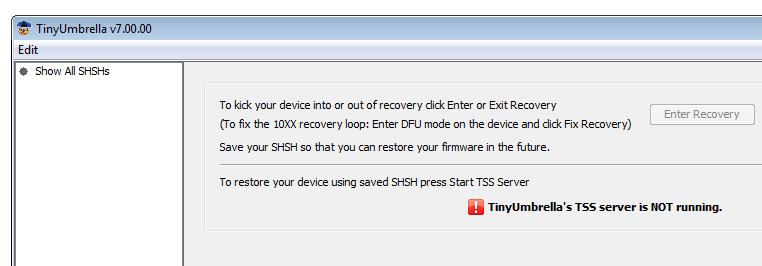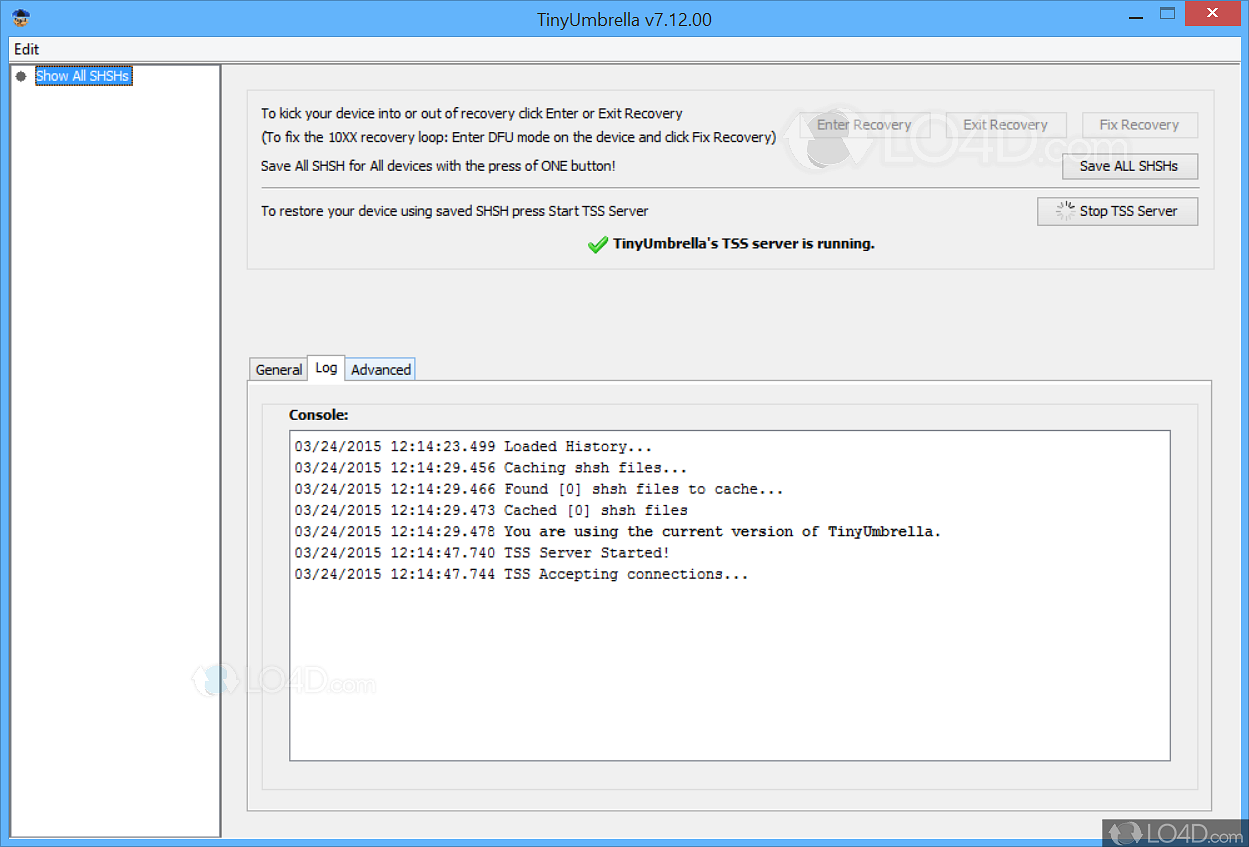

If the signature does not match, the device raises an error and the restore process stops. If the signature matches then the restore process can continue.

Your device checks the information and verifies the signature (making sure it really came from Apple because it CANNOT be forged as the encryption is very high). iTunes packages up this valuable information and sends it to your device. Apple takes the firmware version files and combines them with your ECID and generates a hash that ONLY APPLE can generate. It is signed with a unique id (ECID) that only your device has. See, the firmware is now signed for the below devices. The way they stop you is basically by a simple response that iTunes receives when you try to restore the firmware of your choosing. Once you ‘upgrade’ they don’t let you downgrade. Usually commercial software or games are produced for sale or to serve a commercial purpose.When you try to restore an older firmware on the devices listed below, Apple won’t let you do that. Even though, most trial software products are only time-limited some also have feature limitations. After that trial period (usually 15 to 90 days) the user can decide whether to buy the software or not.

Trial software allows the user to evaluate the software for a limited amount of time. Demos are usually not time-limited (like Trial software) but the functionality is limited. In some cases, all the functionality is disabled until the license is purchased. Demoĭemo programs have a limited functionality for free, but charge for an advanced set of features or for the removal of advertisements from the program's interfaces. In some cases, ads may be show to the users. Basically, a product is offered Free to Play (Freemium) and the user can decide if he wants to pay the money (Premium) for additional features, services, virtual or physical goods that expand the functionality of the game. This license is commonly used for video games and it allows users to download and play the game for free. There are many different open source licenses but they all must comply with the Open Source Definition - in brief: the software can be freely used, modified and shared. Programs released under this license can be used at no cost for both personal and commercial purposes. Open Source software is software with source code that anyone can inspect, modify or enhance. Freeware products can be used free of charge for both personal and professional (commercial use). Freeware programs can be downloaded used free of charge and without any time limitations.


 0 kommentar(er)
0 kommentar(er)
